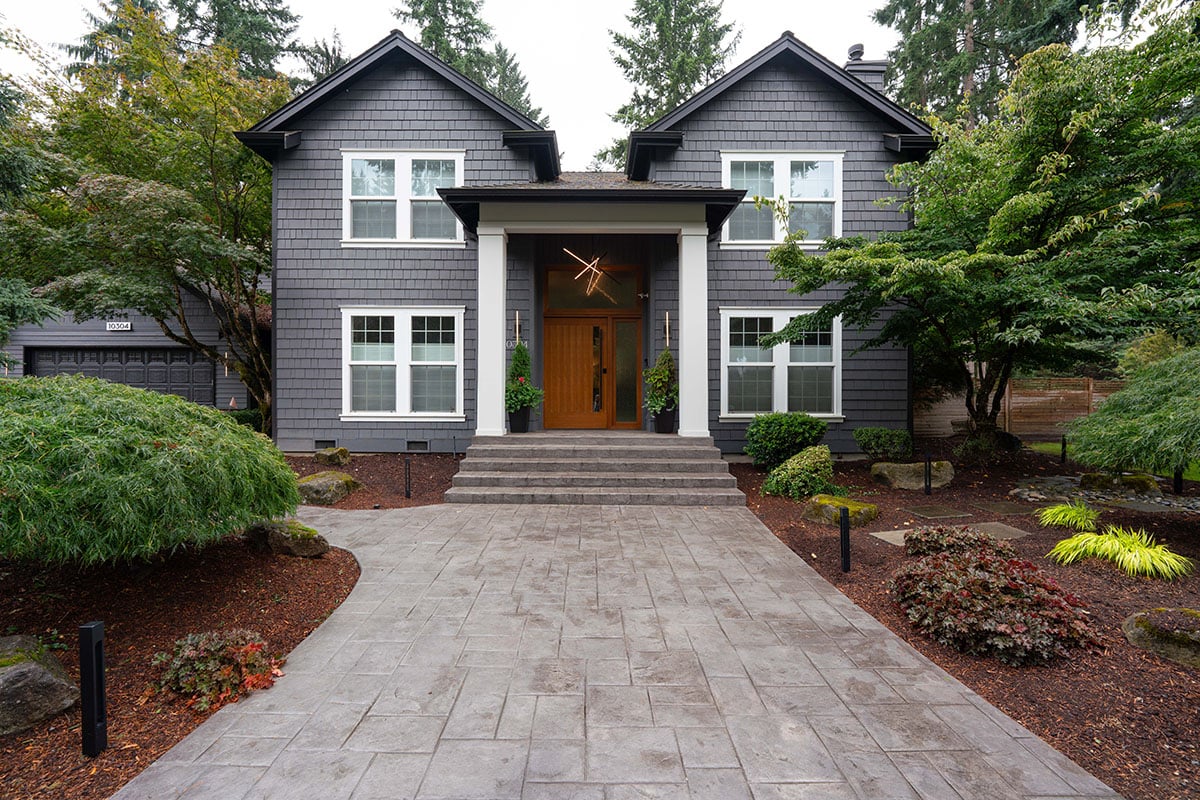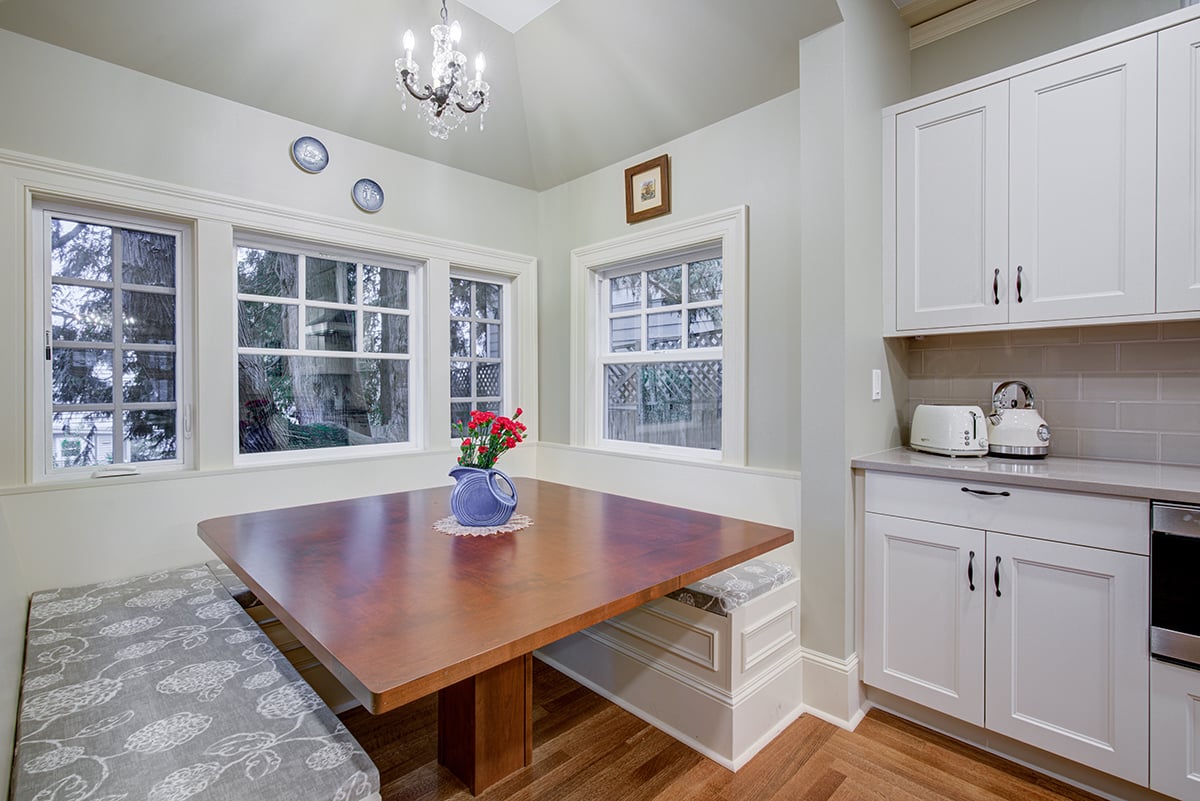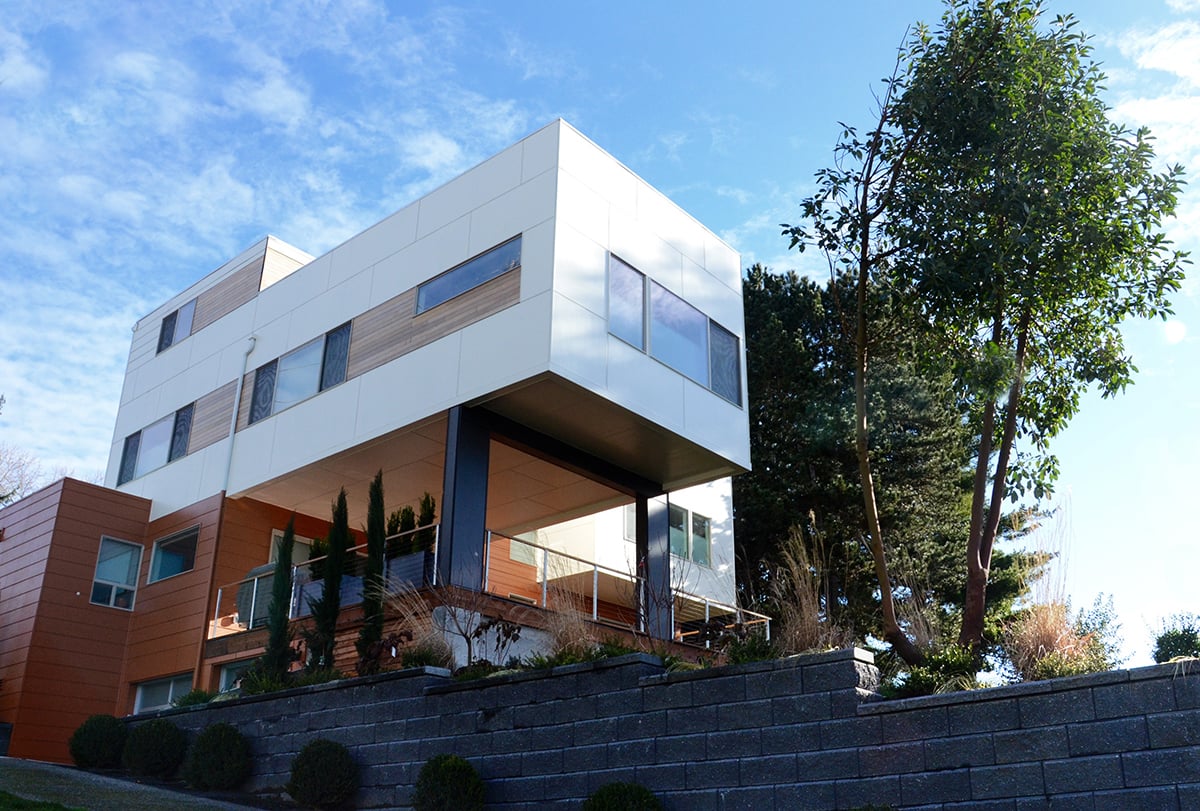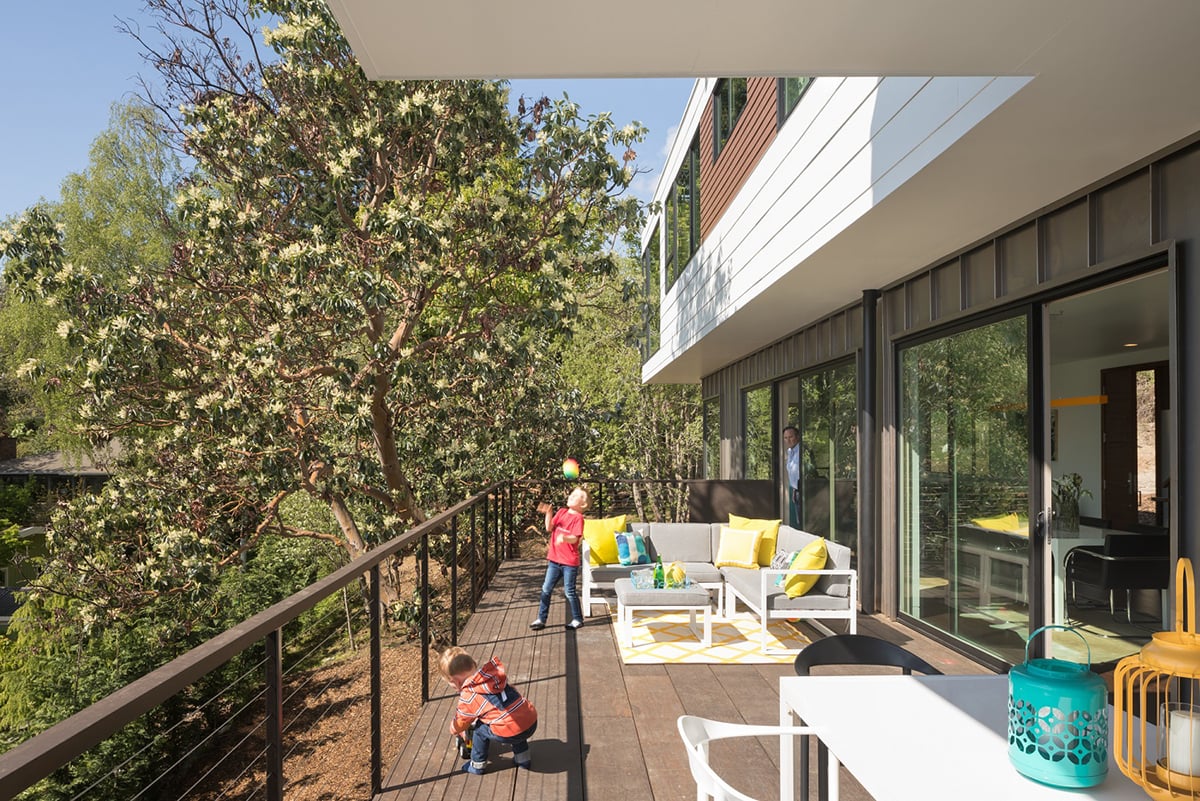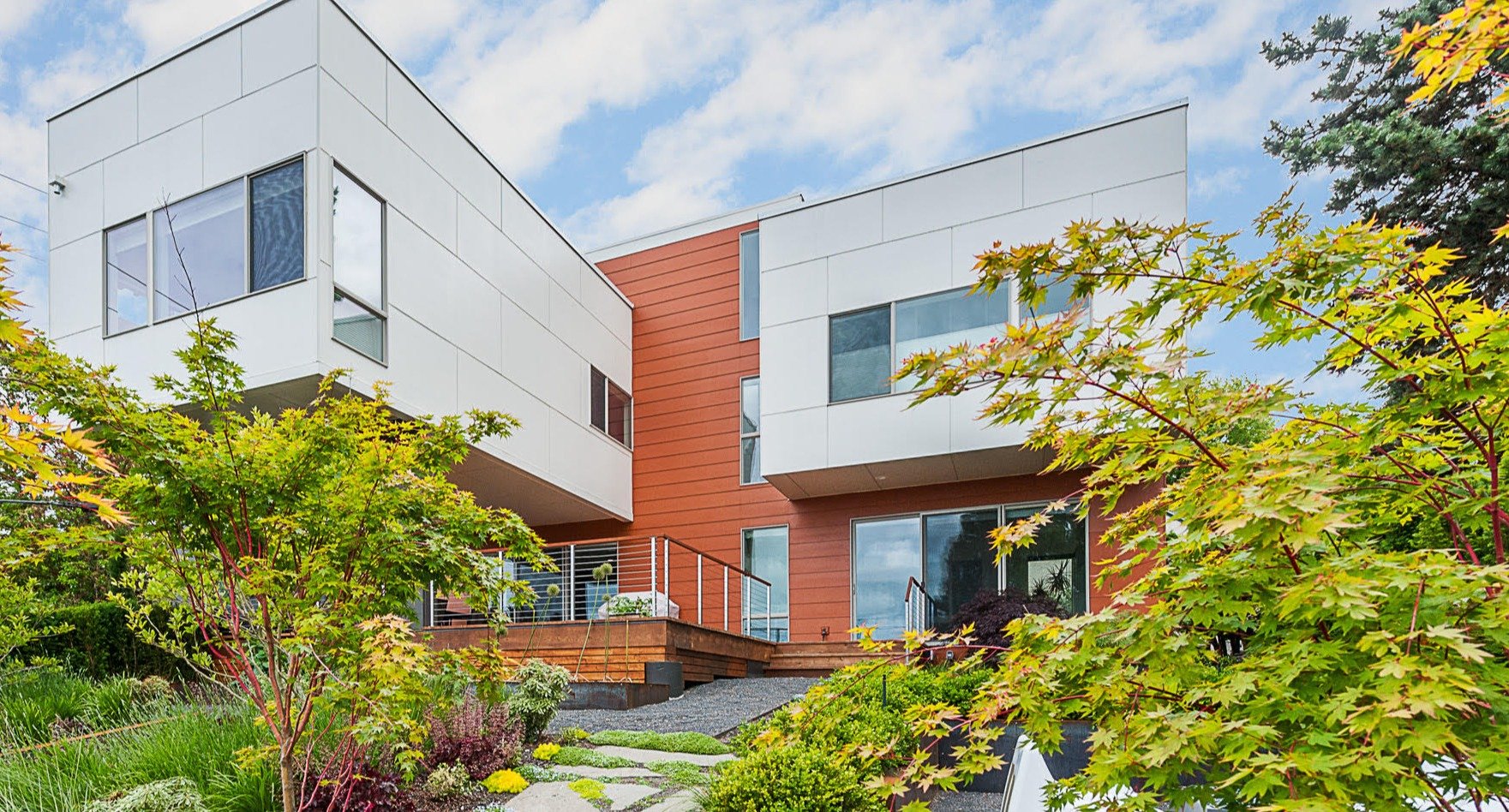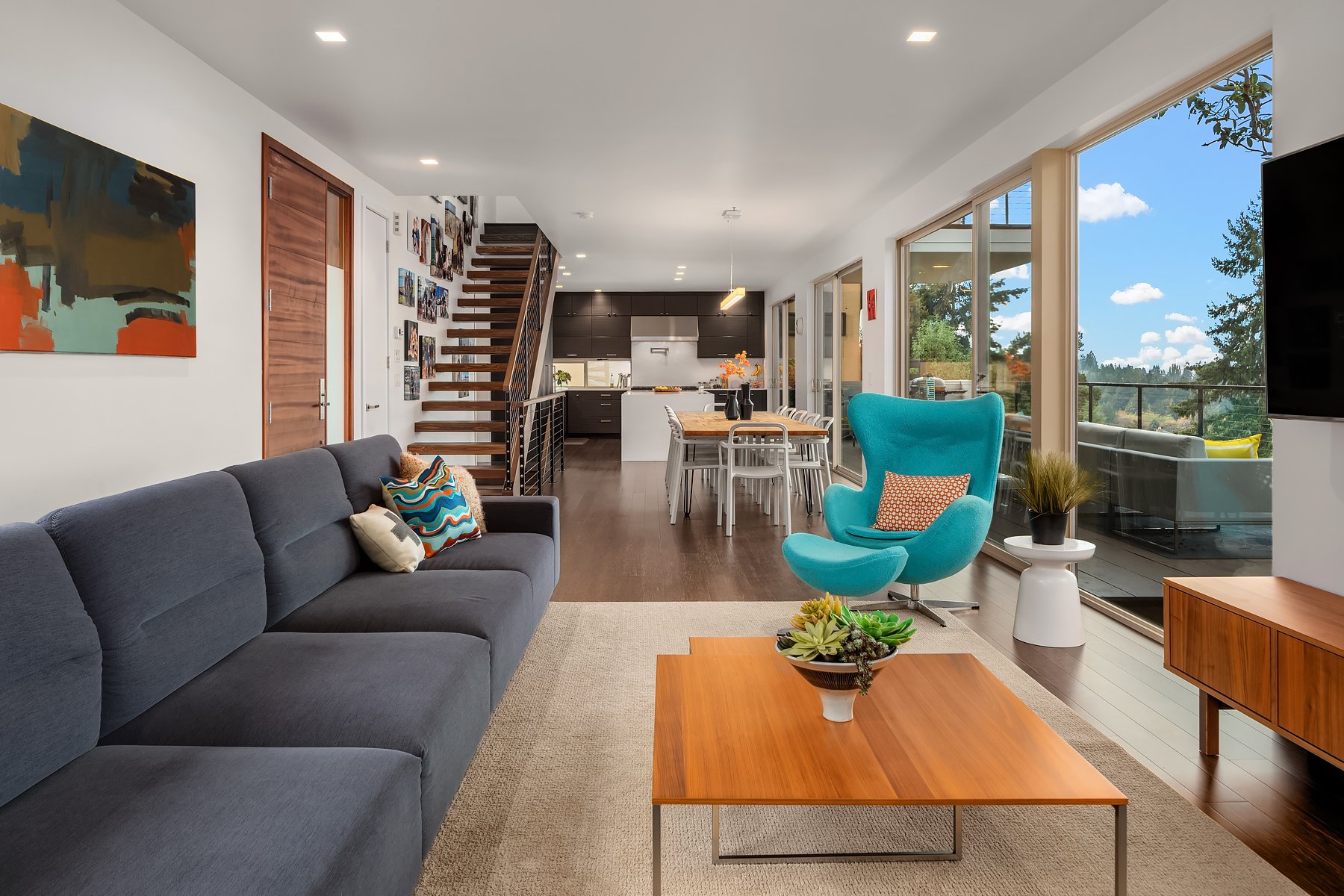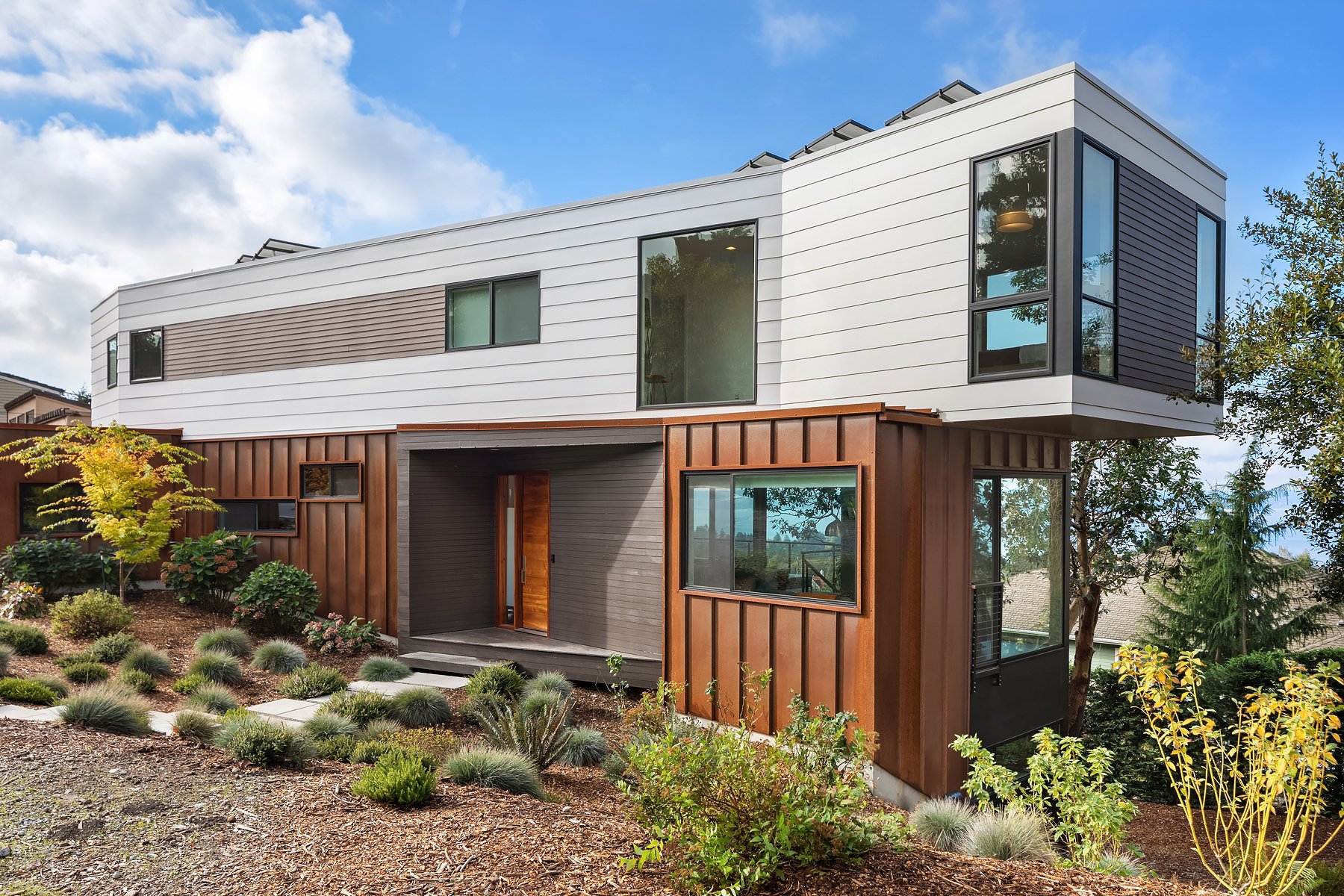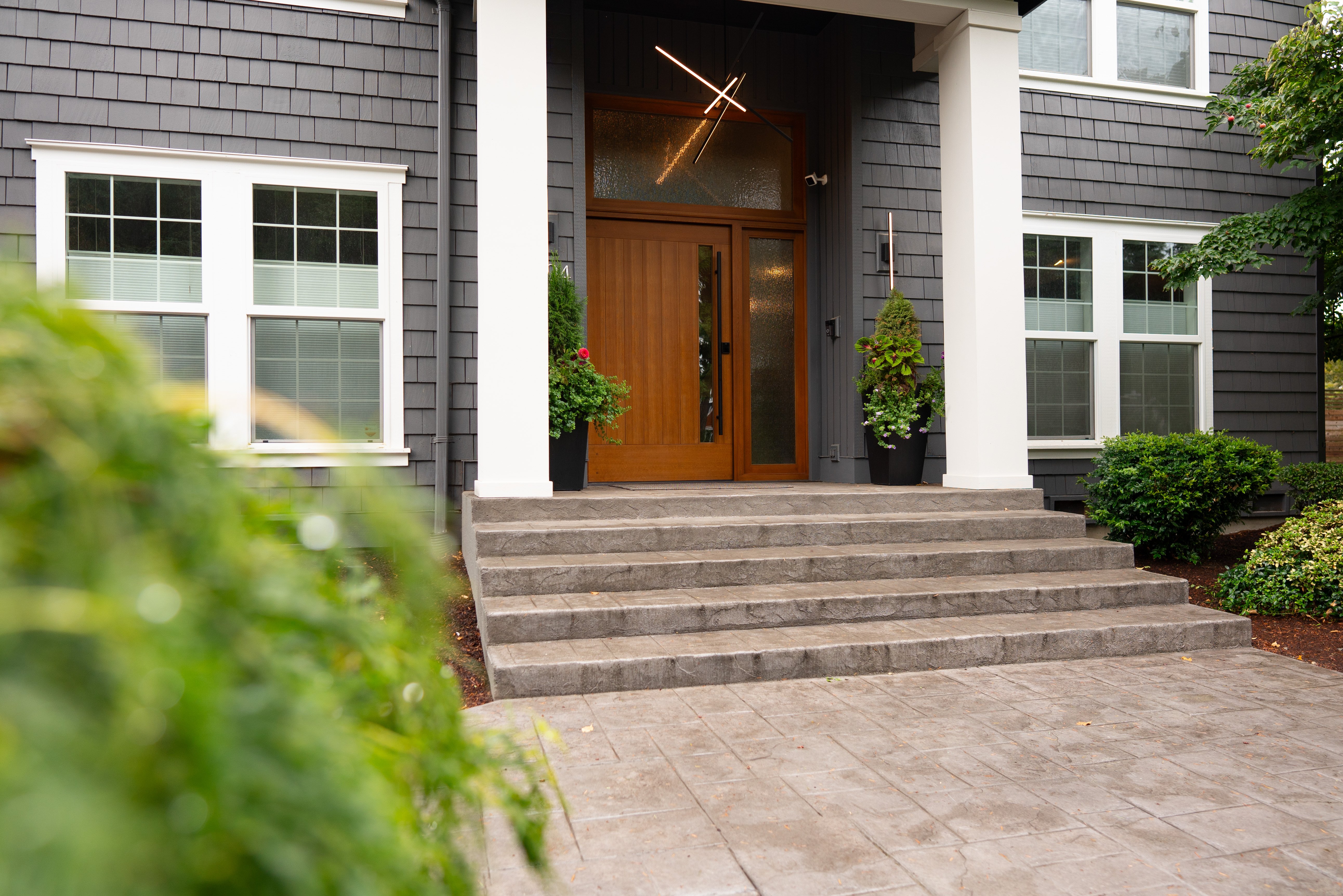Building a custom home is a dream for many, but the journey begins long before laying the first brick. Selecting the right parcel of land is paramount, as it sets the foundation for your future new home. Whether you envision panoramic views, a tranquil retreat, or a bustling neighborhood, the land you choose will shape your lifestyle and the very essence of your home.
In this article, we delve into the six essential factors to consider when purchasing a plot of land for your dream house.
What are the Key Factors to Consider When Buying Land to Build a House?
1. Location
The adage "location, location, location" rings especially true when working with a real estate agent to select land for your custom home. Location influences your lifestyle and the cost of the piece of land. Properties with breathtaking vistas or convenient proximity to schools, amenities, and healthcare facilities command higher prices. When assessing the location, you and your realtor should do your due diligence and discuss safety, potential for future development, school quality, access to groceries and dining, and walkability.
2. Topography
Topography defines the character of the raw land and profoundly impacts the construction process, complexity, and costs. Flat terrain lends itself to more straightforward construction, while slopes may necessitate engineering solutions like retaining walls or modified driveway designs. When you find land for sale that interests you, consider whether you desire a walk-out basement, a flat backyard for recreational activities, or space for future additions like a pool. Understanding the land's topography and the building process helps align your vision with practicality.
3. Zoning, Restrictions & HOAs
Navigating local zoning regulations, easements, setbacks, and homeowners' association (HOA) restrictions is crucial before purchasing land. Zoning laws dictate land use, building height limitations, square feet limitations, setbacks from critical areas, and easements. Consider having a land survey done early on in the process. HOA guidelines and building codes may impose constraints on the type of home you can build, including details like exterior aesthetics, materials, and even parking arrangements. Awareness of these regulations prevents potential conflicts and ensures your new construction design aspirations align with local requirements before purchasing land.
Dig into building permits by reading the article “How to Get the Right Building Permits in The Seattle Area.”
4. Privacy, Noise Levels & Parking
As a home buyer, privacy and tranquility are key considerations during land purchase. If you find undeveloped land that has been empty for a long time, that may be vacant land for a reason. Evaluate potential noise disturbances from airports, highways, or nearby facilities like schools or athletic fields. Distance from neighbors and neighborhood parking regulations should align with your lifestyle and parking needs. Adequate parking provisions, especially for multiple vehicles or recreational vehicles, prevent future inconveniences at your new house.
5. Natural Light & View
Embrace the natural beauty of your surroundings by considering scenic views and natural light opportunities. Whether you seek panoramic vistas of rural area mountains, cityscapes, or water bodies, your land choice should amplify these features. Before making a downpayment, assess the land's orientation for optimal sunlight exposure and envision how trees and structures might affect natural light and landscaping possibilities. Tailoring your land selection to match your sunrise or sunset preferences enhances daily living experiences.
6. Potential Future Life Changes
Anticipate future life transitions and evolving needs upfront when selecting land for your custom home. Factor in potential expansions for growing families, aging-in-place considerations, or accommodating hobbies or home-based businesses. Explore opportunities for accessory dwelling units (ADUs) or rental spaces to augment your property's versatility and value over time.
Read more about the steps you need to take to plan for a successful new custom home build by reading this article, “Home Building Checklist: Discover the Key Steps for Successful New House Construction.”
Decisions Built on a Solid Foundation
Selecting land for your custom home is a pivotal decision that warrants careful consideration. And you want to get it right the first time! Beyond envisioning architectural designs, prioritize understanding how the land aligns with your lifestyle, budget, needs, and future aspirations. By evaluating location, topography, regulations, privacy, natural features, and future adaptability, you lay the groundwork for a home that transcends bricks and mortar—a true reflection of your aspirations and way of life. Start your journey by defining how you want your property and home to function for you, ensuring that every aspect of your dream home begins with a solid foundation.
For more information on planning for your custom home building journey, download our eBook, “How to Find the Perfect Custom Home Builder: A Guide to Creating Your Dream Home”

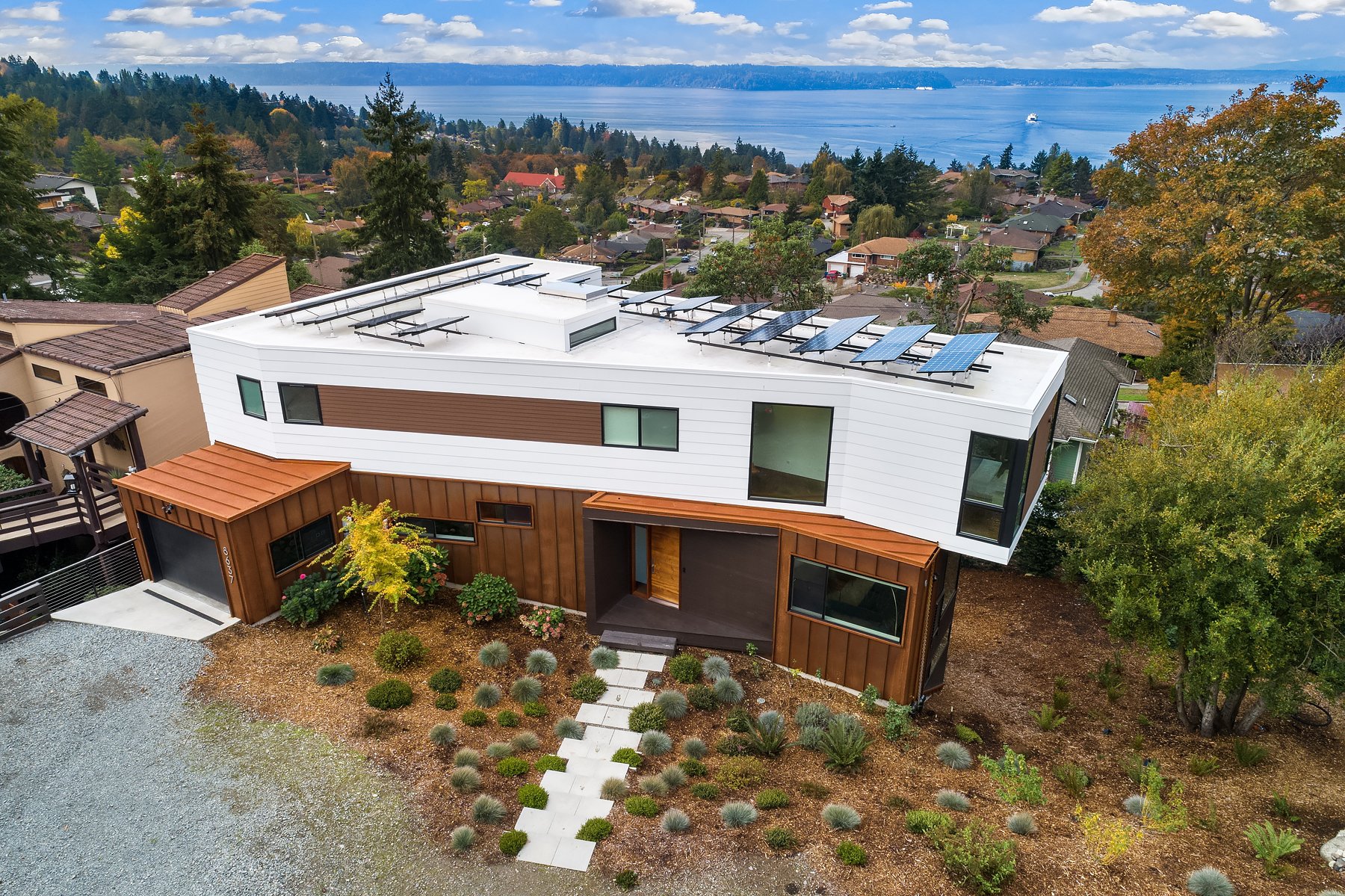


.png)
.jpeg)

